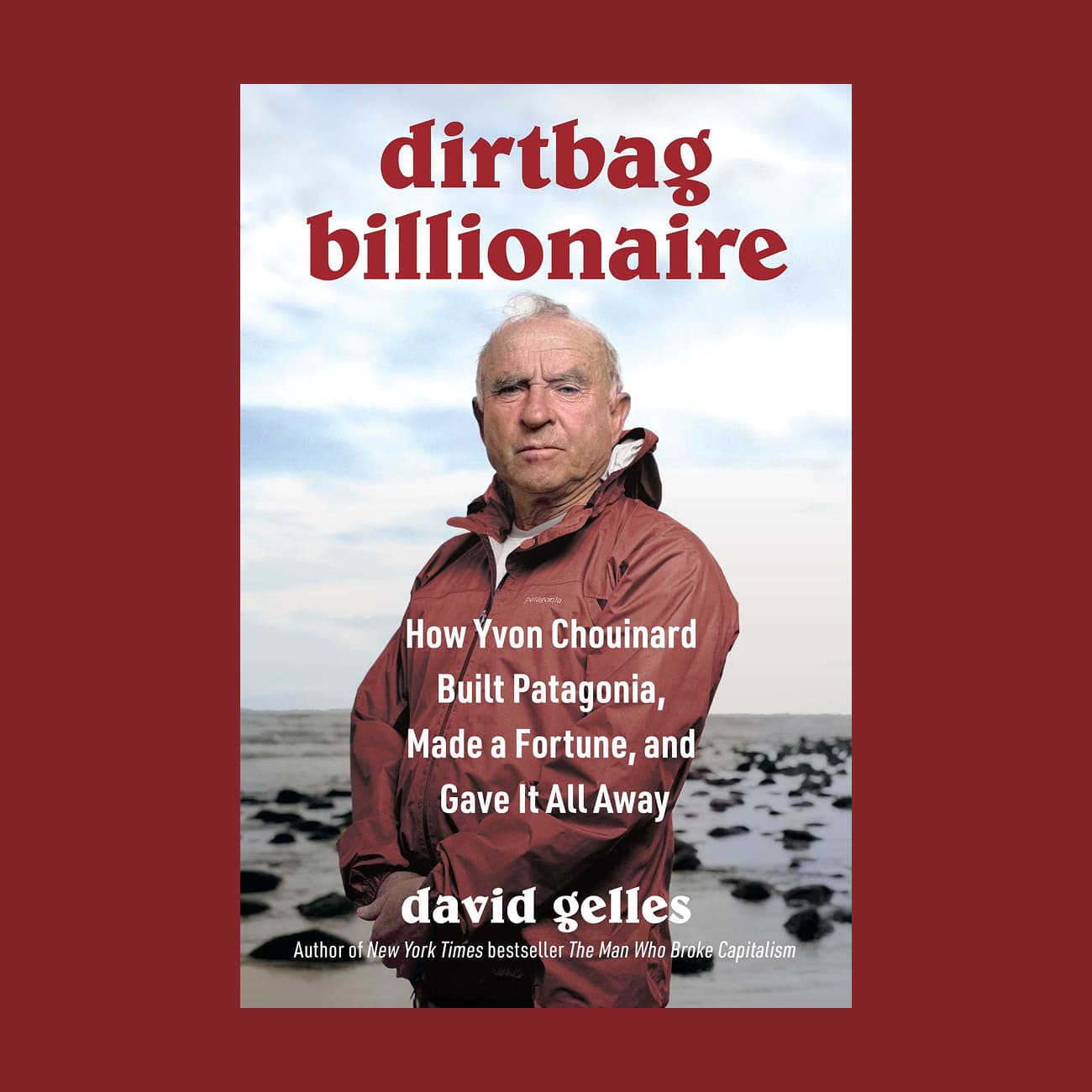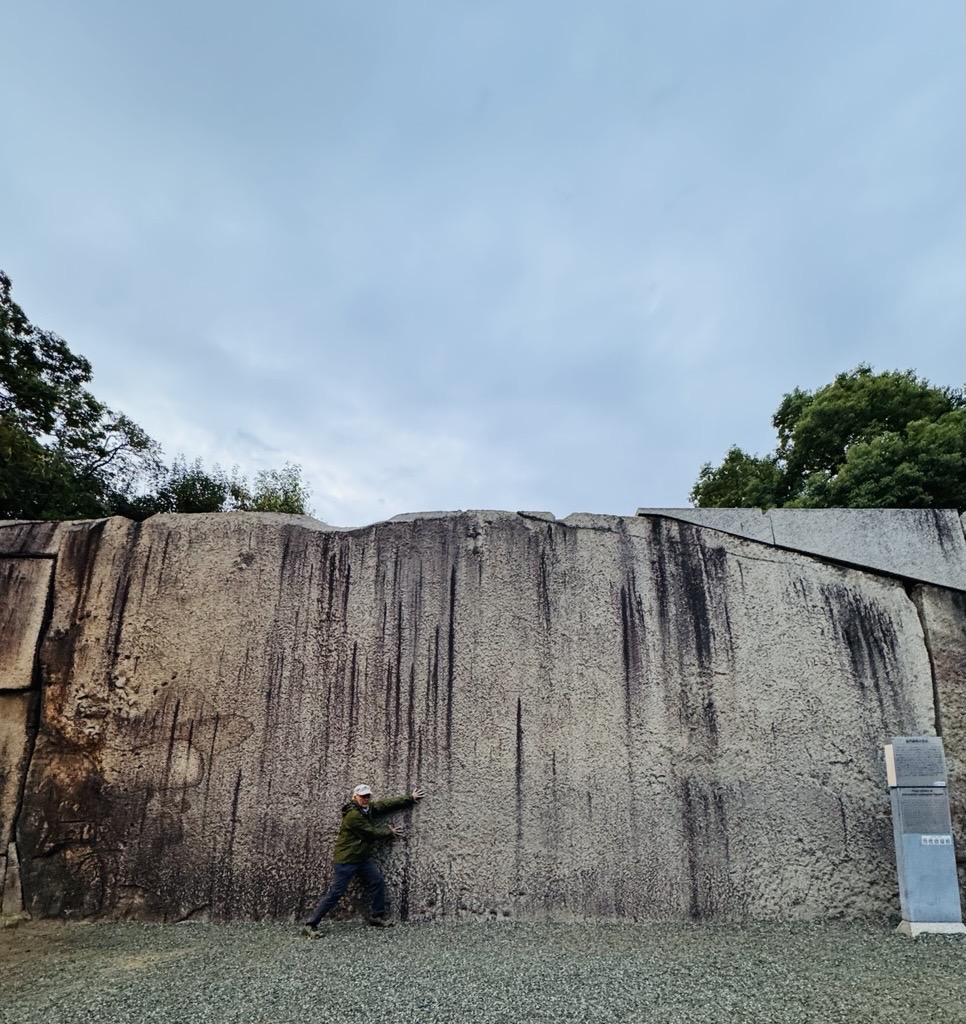Two books to Read on Philanthropy in the Modern World

Two thought-provoking books I recently read on achieving a world that’s more equitable are The Business of Changing the World: How Billionaires, Tech Disrupters, and Social Entrepreneurs Are Transforming the Global Aid Industry by Raj Kumar and The Billionaire Who Wasn't: How Chuck Feeney Made and Gave Away a Fortune Without Anyone Knowing by Conor O’Clery. These books are helpful for anyone thinking about how to make a lasting impact.
As Raj Kumar explains in The Business of Changing the World, the foreign aid industry, in the United States and elsewhere, is undergoing a vast transformation. Governments and aid agencies are no longer pouring large sums of money into international development projects. Instead, today’s demand is for evidence-based solutions that could more realistically put an end to extreme poverty, and that is very good news.
Kumar explores how new models of philanthropy are empowering the world’s poorest people to make progress. He explains that it is no longer enough to want to do good – actual results are important. Silicon Valley start-ups and large corporate philanthropists are pushing for global aid to be data-driven and results-oriented. Kumar presents an intriguing story that is refreshing and accessible. If you want to know more about how we can use our vote, our voice, and our wallet to turn charity into effective advocacy, this is the book to read.
The Billionaire Who Wasn't by Conor O'Clery is about Chuck Feeney, an Irish-American businessman who made his fortune as a co-founder of Duty-Free Shoppers, the world's largest duty-free retail chain. He gave away his $8 billion fortune in secret for many years until his identity was revealed in 1997. He was also the founder of The Atlantic Philanthropies, one of the largest private charitable foundations in the world. Feeney, who flies economy class, wears a $15-dollar watch and uses plastic bags for briefcases, became a public example for other affluent people.
I really enjoyed this smart book as the author details the challenges and opportunities in the retail world, while also delivering a great biography on an engaging tycoon committed to social good. It’s a fascinating read about one of the greatest and most mysterious philanthropists of our time.
Together, these books provide insight into how to move beyond outdated notions of charity to enable real social change. I found them both well-written and inspiring. They thoroughly explain what philanthropy is and how to do it better. I believe that one of the most significant differences leaders can make is on social impact, and these two authors address the issue in an intelligent and fascinating way.






.avif)



